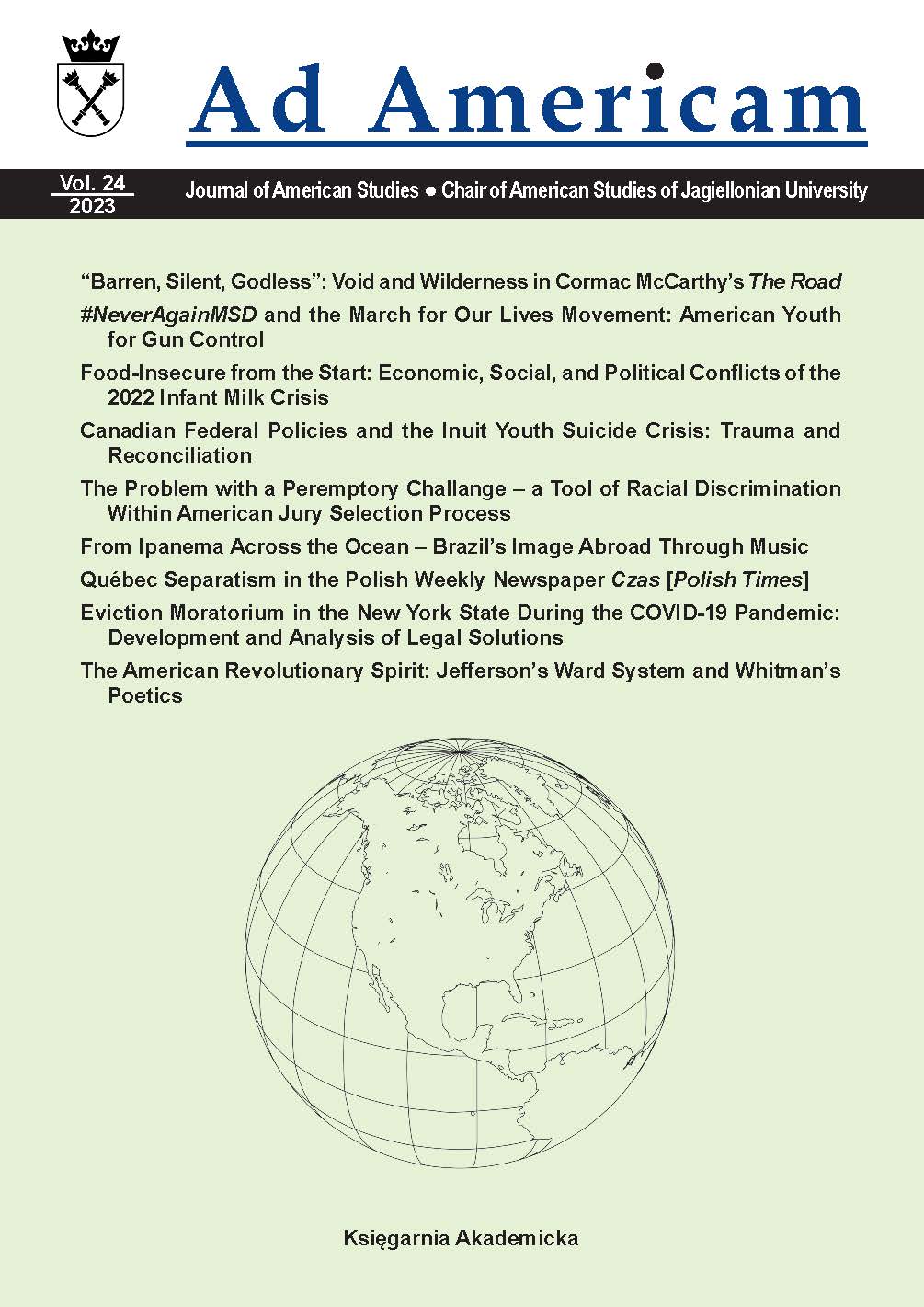Food-Insecure from the Start
Economic, Social, and Political Conflicts of the 2022 Infant Milk Crisis
Food-Insecure from the Start
Economic, Social, and Political Conflicts of the 2022 Infant Milk Crisis
Author(s): Anna Jastrzębiec-WitowskaSubject(s): National Economy, Welfare systems, Welfare services, Socio-Economic Research
Published by: KSIĘGARNIA AKADEMICKA Sp. z o.o.
Keywords: infant formula; supply shortage; supply chain; food security; food insecurity; market concentration; food system; post-pandemic market disruption; breastfeeding;
Summary/Abstract: The 2022 infant formula crisis has brought a new meaning to food insecurity, generally understood as “a household-level economic and social condition of limited or uncertain access to adequate food” (USDA Economic Research Service, Definitions of Food Security). The problem has been affecting a specific social category: people caring for infants. As expected, it exacerbated food insecurity and food worries among low income and minority families, but also impacted families commonly perceived as the middle class. There are no easy so- lutions to the problem which combines post-pandemic supply disruptions with a decades- long market concentration in the domestic formula sector, with four companies controlling around 90% of the market supply and virtually none coming from other countries due to steep import tariffs on the most formula (Horsley). Throughout the spring and summer of 2022, the formula crisis served as a proxy for the interplay of economic, political, and social conflicts extant in the United States. Besides direct conflicts, like those between formu- la manufacturers, families in need of formula, and breastfeeding advocates, there are also post-2020 presidential election conflicts between those who accepted the results and those who rejected them. These conflicts will be examined here, as well as the responsibilities of government agencies such as the Food and Drug Administration to ensure that important food staples such as baby formula meet stringent safety criteria, which — given the cur- rent shape of the U.S. food system — could lead to depletion of these very supplies when problems arise. While the blame game continues and becomes political, with fingers being pointed at manufacturers, government agencies, the Biden administration and even the ba- bies of migrants detained at the U.S. borders, no longterm policies preventing such a crisis in the future have been established. The measures implemented by the Biden administration to alleviate the problem, including 26 events of Operation Fly Formula to transport infant milk to the U.S. from various parts of the world, reduced the crisis only to a certain extent. Much bolder steps against market concentration in the milk formula sector and towards a smarter imports policy and better hygiene standards in production facilities must be taken to increase the food security of infants and young children in the United States.
Journal: Ad Americam. Journal of American Studies
- Issue Year: 2023
- Issue No: 24
- Page Range: 33-55
- Page Count: 23
- Language: English

